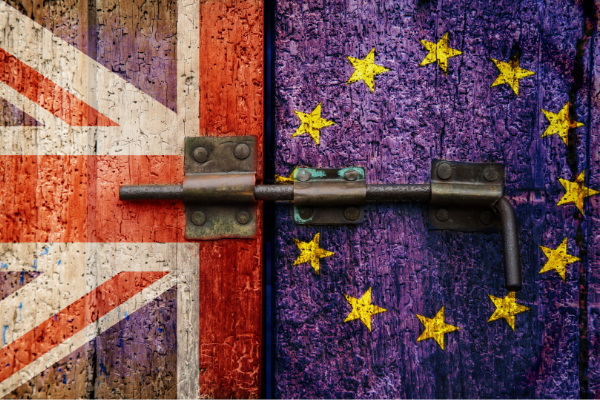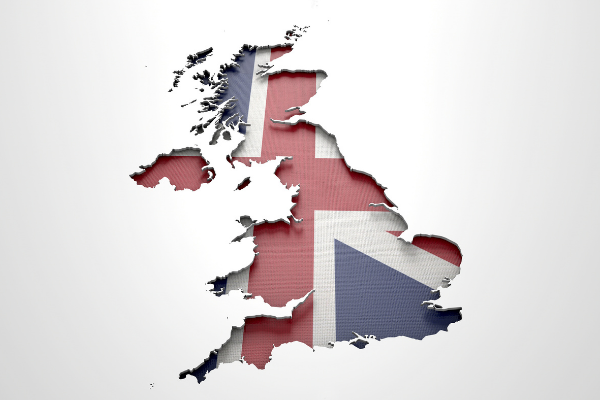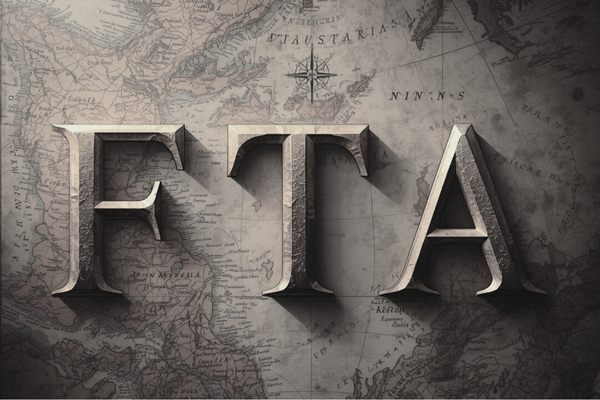BY:
SHARE:

The Department for Business and Trade issued a timely update regarding their country-processed iron and steel guidance on Monday, February 26th, 2024. It provides a favourable development for UK traders who frequently import these commodities from the European Union. The European Union made a similar update on the 23rd of February 2024, listing the UK as a partner country in relation to this regulation.
In the regulation update released on Monday, three noteworthy changes were highlighted for traders to note.
Imports from the European Union
In recognition of the European Union having substantially equivalent sanctions on Russian iron and steel, from 26th February 2024, traders importing certain iron and steel products into the UK from these countries will not be required to demonstrate evidence of supply chain history at the point of import to demonstrate compliance with the sanctions.
This arrangement has been introduced to facilitate import processes at the border for non-sanctioned iron and steel. It does not permit the import of sanctioned iron and steel unless imported under a licence (including the General Trade Licence).
Note that other Customs arrangements continue to apply, including HMRC checks, inspections, and abilities to request documentation and evidence, including retrospectively once goods have been released.
The HS codes in the scope of this arrangement are listed at the bottom of this page, with the following exceptions:
- for HS code 7207 11, this arrangement will apply from 1st April 2024
- for HS codes 7207 12 10 and 7224 90, this arrangement will apply from 1st October 2024
EU Guidance for imports to the European Union from the United Kingdom
Iron and steel
The decision on 23rd February 2024, added the United Kingdom to a list of partner countries that apply restrictive measures on imports of iron and steel from Russia and a set of import control measures that are substantially equivalent to those of the EU.
Under this regulation, Article 3g has been amended and now reads - For the application of this point, at the moment of importation, importers shall provide evidence of the country of origin of the iron and steel inputs used for the processing of the product in a third country unless the product is imported from a partner country for importation of iron and steel as listed in Annex XXXVI.
This adjustment facilitates the uninterrupted flow of trade between the UK and the EU for goods falling under these regulations, affirming the commitment of both parties to implementing measures that guarantee the exclusion of Russian iron or steel in the manufacturing process of these goods.
General Trade Licence Update
The General Trade Licence for sanctioned iron and steel permits the import into the UK of certain prohibited goods that:
- are used as reusable packaging
- were manufactured or produced before 23rd June 2023
- were previously in free circulation in the United Kingdom
Traders are advised to take note of the revised date for goods manufactured before this adjustment, which has now shifted from the previous April date to June 24th, 2023, aligning with the EU's timeline.
Guidance on demonstrating compliance
The updated guidance on demonstrating supply chain history now outlines the acceptable documents that can serve as evidence for complying with this regulation. Traders must pay attention to these changes and the associated language, ensuring they maintain comprehensive evidence to demonstrate supply chain history following the regulation.
Traders should be prepared to provide documentation to demonstrate evidence of a good’s supply chain, which must be consistent with the prohibitions under the regulations.
Evidence requested to be provided through documentation could include:
- the country of origin of the iron and steel products processed in the third country (or third countries)
- the date that the iron and steel product left its country of origin
- the country/countries and the facility/facilities where processing has taken place
An example of evidence may include, but is not limited to, a Mill Test Certificate (MTC) or Mill Test Certificates (MTCs), where the relevant information cannot be summarised in a single document. Other examples of documentation that could be provided as evidence of the origin of a good include an invoice, a certificate of origin issued by a chamber of commerce, a bill of lading, a CMR transport document, or other book or document relating to the goods. Supplier declarations may be acceptable, but importers should be prepared to provide further evidence retrospectively, if required. This is not an exhaustive list, but proof must be verifiable.
OneCall™ Email assistance as and when required; A one-call solution for all your import, export and customs enquiries. Export help. Import help. Customs help.
Stay informed about customs and international trade matters by subscribing to our OneCall™ service. This comprehensive offering includes a dedicated email helpline for support, timely practical updates direct to your inbox (Did You Know?), monthly UK Customs & Trade Briefings and access to an interactive members' area with an exclusive community for our subscribers.
International Trade Updates & Spotlight Newsletter
Subscribe to our free information emails covering international trade topics...
MORE INDUSTRY INSIGHTS...









